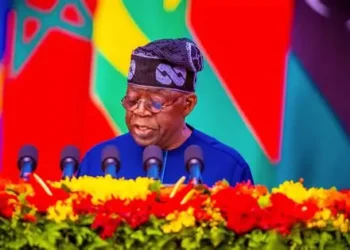Talks are underway in Geneva for a groundbreaking United Nations treaty that tackles biopiracy. This international agreement seeks to stop the unfair exploitation of genetic resources and the traditional knowledge surrounding them, particularly in developing nations.
The negotiations, led by the World Intellectual Property Organization (WIPO), have been ongoing for over two decades. The goal is to establish a system that fosters transparency within the patent system and protects this valuable knowledge from misuse.
A central point of contention is disclosure. The draft treaty proposes requiring patent applicants to reveal the source of genetic resources used in their inventions. This includes identifying the country of origin and any indigenous communities that provided traditional knowledge.
While natural genetic resources themselves, like those found in plants and animals, cannot be directly patented, inventions derived from them can. This is why many developing countries are concerned. They fear patents are being granted on discoveries that either disregard the rights of indigenous people or simply replicate existing knowledge.
The current system allows for patents to be granted without disclosing their origins. This lack of transparency is what the treaty aims to address. Proponents argue that requiring disclosure will not only protect traditional knowledge but also enhance legal certainty and overall efficiency within the patent system.
Opponents, however, express concerns that the treaty might hinder innovation. However, WIPO Director General Daren Tang emphasizes that there’s no inherent conflict between fostering innovation and respecting the needs of local communities.
The discussions are complex, with disagreements persisting on issues like sanctions for violations and conditions for revoking patents. Interestingly, over 30 countries already have some form of disclosure requirement in their national patent laws. These include major economies like China, Brazil, and India, alongside European nations like France, Germany, and Switzerland. However, these requirements vary and are often not mandatory.
As negotiations progressed, a key message emerged: a need to move beyond a simplistic North vs. South divide. As one diplomat pointed out, some developed nations, like Australia, have rich genetic resources, while some developing countries, like India, have robust research institutions that utilize these resources. The goal is to establish a fair and balanced system that protects developing nations’ resources and knowledge while fostering global innovation.









